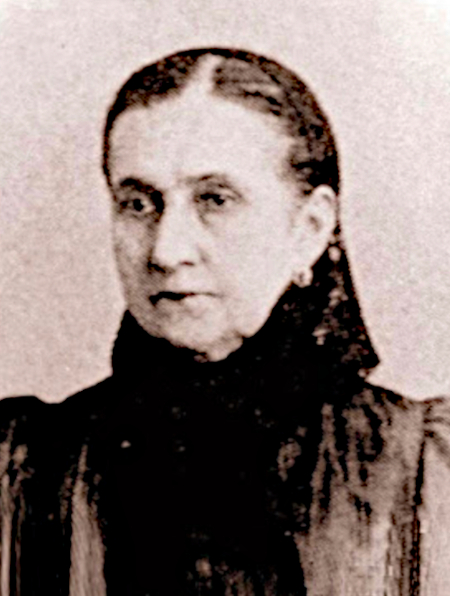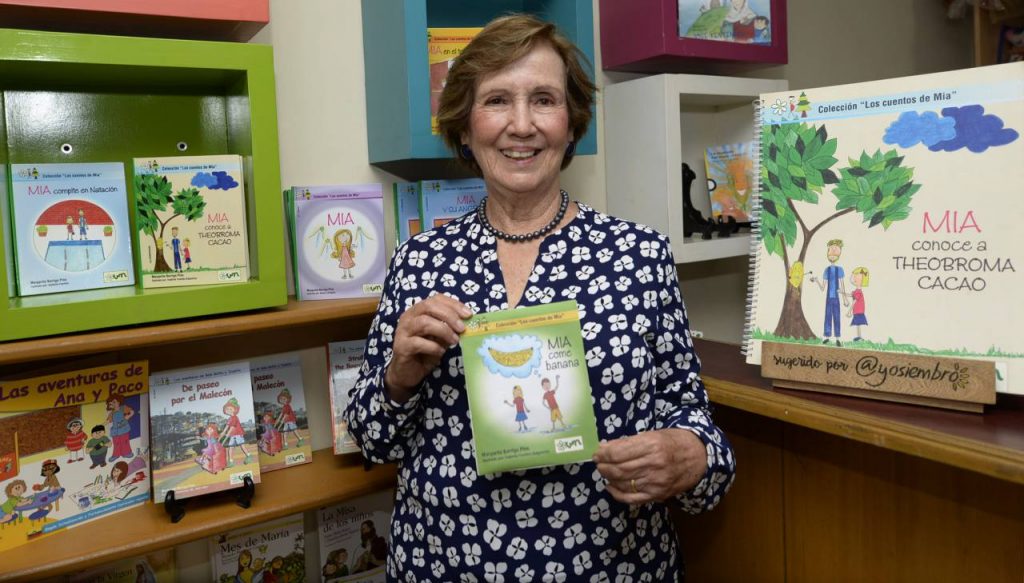Martha Chávez Negrete (Guayaquil, 1967) is an Ecuadorian doctor, psychiatrist, and writer. She is known for her contributions to contemporary Ecuadorian literature, particularly in the genres of short stories and novels. Her notable works include Precisando el sentido (1999), Uno de estos tristes días virtuales (2003), and her acclaimed novel La memoria corre a mil (2008), which won third prize in the genre of novels for its exploration of memory and identity. In addition to her literary career, Chávez is also a university professor and a contributor to various literary magazines in Ecuador.
Early Life and Education
Martha Chávez Negrete was born in 1967 in Guayaquil, Ecuador. She pursued a career in medicine, obtaining a doctorate, and developed a particular interest in psychiatry. Alongside her medical profession, she engaged in literary pursuits, particularly in writing and translation.
Literary Career
Martha Chávez is known for her contributions to Ecuadorian literature, especially in the realm of short stories. Her debut publication, Precisando el sentido (1999), was followed by Uno de estos tristes días virtuales (2003), further establishing her presence in the literary field. Her work often delves into themes related to memory and identity, merging her background in psychiatry with rich literary narratives.
Her first novel, La memoria corre a mil (2008), earned her critical recognition, including the Third Prize in the genre of novels awarded by a literary jury. The novel explores complex themes of memory, identity, and the human condition, weaving intertextual references with cinema, most notably Cinema Paradiso. Chávez’s storytelling is marked by its fluid, narrative style, bringing to life characters who grapple with their memories and psychological struggles. The book is praised for its multilayered voices and its portrayal of characters that seem to exist both within and beyond the pages.
Chávez has also contributed to various literary magazines, including Eskeletra (Quito) and Cuadernos del Guayas. Her work frequently features intricate, emotionally charged narratives, often reflecting on human experiences, both personal and societal.
Personal Life
In addition to her writing and medical career, Martha Chávez has also been involved in academia, serving as a university professor. Her background in medicine, specifically psychiatry, has influenced her literary output, blending her understanding of the human psyche with her creative endeavors.
Legacy and Recognition
Martha Chávez is regarded as a significant voice in contemporary Ecuadorian literature. Her contributions to both short stories and novels have garnered critical acclaim for their depth and stylistic innovation. Her work continues to resonate with readers, particularly in its exploration of human memory and identity through a literary lens.
In 2021, Chávez was one of the signatories of an open letter to the President and Minister of Culture of Ecuador, advocating for cultural reform and the promotion of a more inclusive and democratic cultural landscape in the country. This public act demonstrated her ongoing commitment to the literary and intellectual community of Ecuador.
Selected Works
- Precisando el sentido (1999)
- Uno de estos tristes días virtuales (2003)
- La memoria corre a mil (2008)
References
- UAM (Universidad Autónoma Metropolitana), “Chávez Martha (1967).” Retrieved on October 15, 2024. Click to view.
- Biblioteca Casa de la Cultura Ecuatoriana Benjamín Carrión, “Martha Chávez Negrete.” Retrieved on October 15, 2024. Click to view.
- Revista Kipus, “Ángel Emilio Hidalgo – La memoria corre a mil (Review).” Retrieved on October 15, 2024. Click to view.
- El Universo, “María Leonor Baquerizo y escritores firman carta abierta al presidente.” Retrieved on October 15, 2024. Click to view.
- Los Cronistas, “Carta abierta al presidente sobre la cultura en Ecuador.” Retrieved on October 15, 2024. Click to view.


